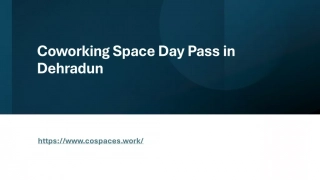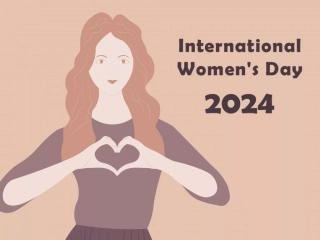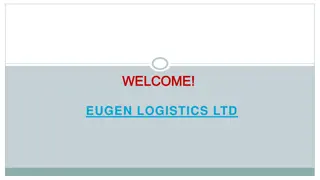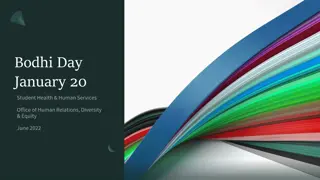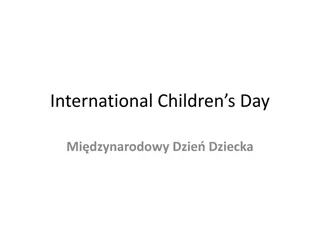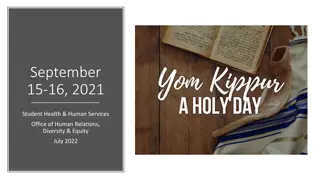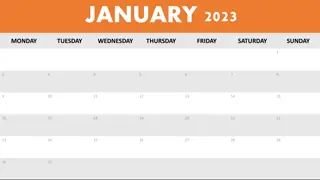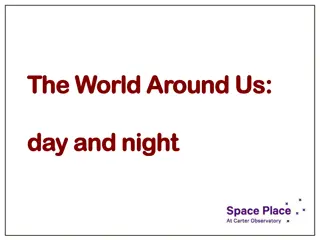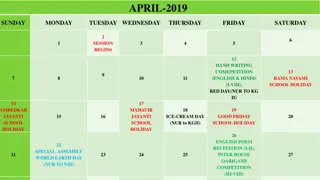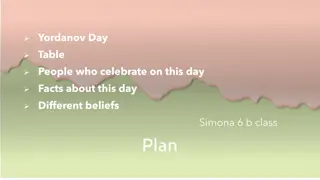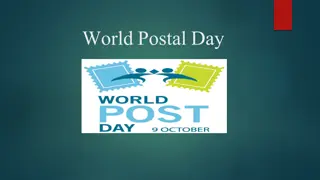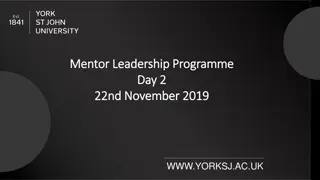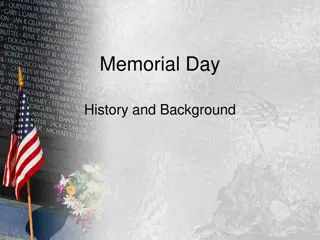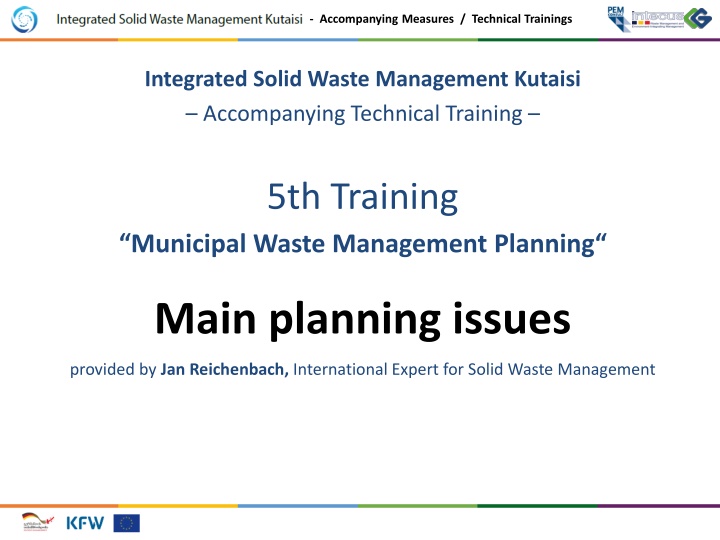
Municipal Waste Management Planning & Implementation Training Insights
Explore the comprehensive training materials on Municipal Waste Management Planning and Implementation, covering key aspects such as waste collection, treatment facilities, stakeholder involvement, long-term solutions, cost justifications, and promoting municipal advancement. Learn about the integral role of Waste Management Plans in municipal development and the importance of effective waste management strategies. Join the discussion on managing waste problems, compliance with regulations, and sustainable waste practices for cleaner and more efficient cities.
Download Presentation

Please find below an Image/Link to download the presentation.
The content on the website is provided AS IS for your information and personal use only. It may not be sold, licensed, or shared on other websites without obtaining consent from the author. If you encounter any issues during the download, it is possible that the publisher has removed the file from their server.
You are allowed to download the files provided on this website for personal or commercial use, subject to the condition that they are used lawfully. All files are the property of their respective owners.
The content on the website is provided AS IS for your information and personal use only. It may not be sold, licensed, or shared on other websites without obtaining consent from the author.
E N D
Presentation Transcript
- Accompanying Measures / Technical Trainings Integrated Solid Waste Management Kutaisi Accompanying Technical Training 5th Training Municipal Waste Management Planning Main planning issues provided by Jan Reichenbach, International Expert for Solid Waste Management
- Accompanying Measures / Technical Trainings Let us recall What is a WM plan? Waste Code, article 13 (4): The Municipal WM plan shall contain the following: a) information on the existing system for collection of waste from population; b) data on the types and the amounts of non-hazardous waste collected, recovered and disposed of; c) data on the types and the amounts of hazardous waste from population collected, recovered and disposed of; d) location of the waste treatment facilities; e) planned measures to be taken for the establishment of separate collection and recovery of municipal waste, including of biodegradable and packaging waste; f) planned construction of new waste treatment facilities; g) programmes to raise awareness of the public on waste management issues; h) implemented and planned measures for co-operation with other municipalities in the field of waste management; i) the way and timeframe in which the proposed measures shall be implemented, responsible persons, estimated costs and sources of financing for their implementation. WMP training 5th Training, April 26./27., 2017 2
- Accompanying Measures / Technical Trainings Let us recall Meaning and purpose of WM plan Integrated part of municipal development Inform, invite and involve stakeholders Complexity and benefits Manage long term solutions Justify costs and investment Manage problems Compliance WMP training 5th Training, April 26./27., 2017 3
- Accompanying Measures / Technical Trainings Let us recall Meaning and purpose of WM plan Integrated part of municipal development = Waste charges explained and justified; (justifiable only if services are reasonable and effective!!) = Charges balanced with socio-economic aspects; = Waste collection and transport defined and future needs justified; = Communication with citizens established; = Municipal advancement is promoted and not hindred (links between clean city & employment/clean city & tourism) WMP training 5th Training, April 26./27., 2017 4
- Accompanying Measures / Technical Trainings Status information and planning Interactive exercise - please sort by relations Planning issues Waste disposal needs Status information Waste charges Geographical conditions Extension of waste service Demography Collection mode Waste composition Space requirements Present collection Container needs Present equipment Separation scheme Present facilities Logistic organisation (collection/transport) Financing Additional investment Cost/charge recovery Public awareness Site closure/cleanup WMP training 5th Training, April 26./27., 2017 5
- Accompanying Measures / Technical Trainings Planning issue Waste collection Important reference documents The Georgian Waste Code of 2015 incl. stipulations on waste collection coverage and waste separation targets Technical Regulation on Municipal Waste Collection and Treatment Resolution of the Government of Georgia . Annex 1 - Municipal Waste Collection and Transfer Guideline Annex 2 Technical Manual for Municipal Waste Treatment in particular Article 4.2 Source Separation and Separate Collection, WMP training 5th Training, April 26./27., 2017 6
- Accompanying Measures / Technical Trainings Planning issue Waste collection ANNEX 1 3. DESIGNING AND IMPLEMENTING AN EFFECTIVE COLLECTION SYSTEM Characterize the Existing Collection System The starting point for achieving effective waste collection in a municipality is an assessment of current collection practices and conditions. It is important that both the physical aspects (containers, vehicles, transfer points, transfer stations, etc.) and the functional issues (staffing, scheduling, route structures, fee systems, legal/political framework, etc.) be evaluated... Key factors to be evaluated prior to deciding what collection modifications are necessary in any municipality to improve or expand collection services: Quantity and composition of solid waste Sources of the (different amounts/components of) waste Waste density Asset (i.e. truck/container) inventory Collection system shortcomings, obstacles and challenges WMP training 5th Training, April 26./27., 2017 7
- Accompanying Measures / Technical Trainings Planning issue Waste collection TR MWC - Article 9. Planning and Implementation of the collection system 2. .. According to the present Technical Regulations, a municipality shall ensure: f) Obtaining sufficient information on operation and maintenance of the existing system in order to develop municipal waste collection system. This will identify the need for planning its long-term efficiency and sustainable investment including timely replacement of equipment; 3. In planning and design of municipal collection and transport systems, municipalities shall define limitations that may exist in providing efficient and adequate collection and transport services. At a minimum, municipalities shall address the following issues: a) Inadequate resource mobilization; b) Overreliance on imported equipment; c) Inappropriate and insufficient sources of finance; d) Use of inappropriate technology; e) Lack of managerial and technical capacity f) Inequity in service provision Recommendation: Make direct connection with (integrate to) each planning statement / chapter WMP training 5th Training, April 26./27., 2017 8

